PROS and CONS: Why Moving to Vancouver, WA, Might Be the Best Decision You’ll Ever Make
PROS and CONS of Living in Vancouver, WA: Why Moving to Vancouver, WA, Might Be the Best Decision You’ll Ever Make (or Not—Let’s Be Real)
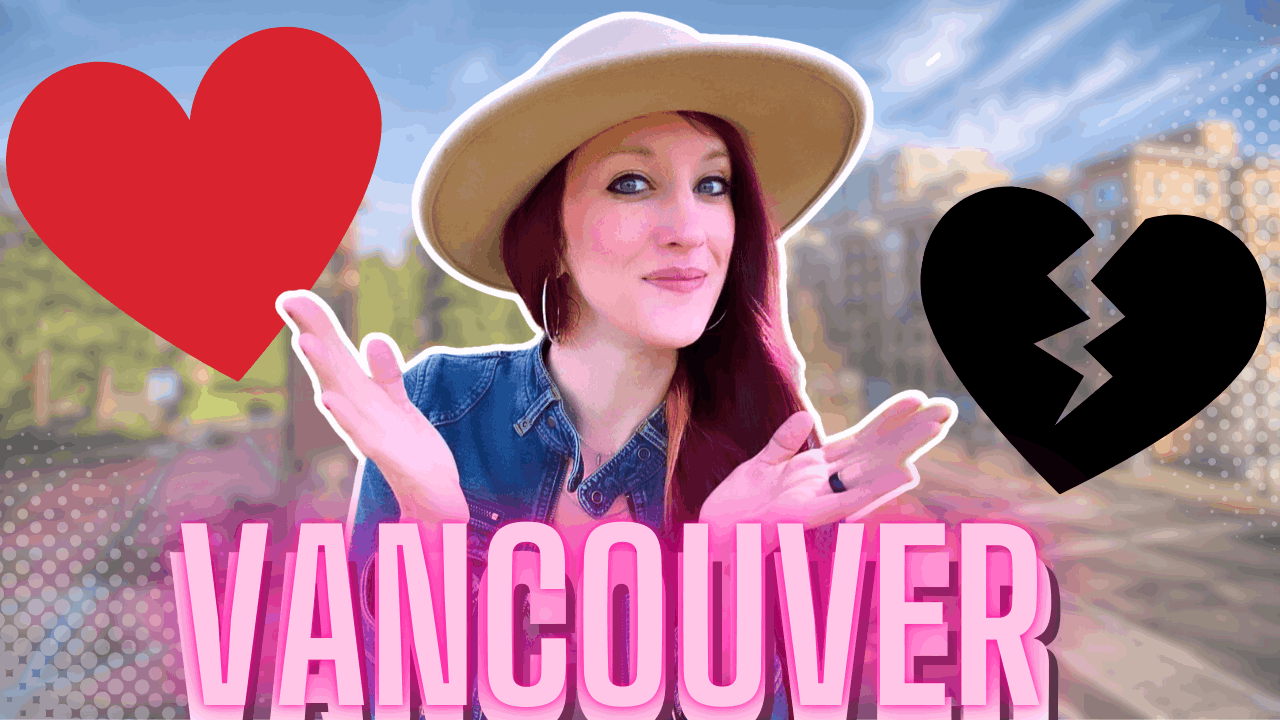
If you’re the outdoorsy type, someone who thinks Birkenstocks with socks are a legitimate fashion statement, or just love the idea of "affordable" West Coast living surrounded by jaw-dropping scenery, you might think Portland, Oregon, is calling your name. But hold up—before you pack your bags, let me tell you why Vancouver, Washington, just across the river, might be the smarter choice.
I’m Cassandra Marks, a farmer with a real estate problem (some people call it a career). As a transplant to this Pacific Northwest gem myself, I’m here to give you the honest lowdown—no rose-colored glasses, just real talk about the pros and cons of life in Vancouver. Let’s dive into what makes this city such a unique spot to call home.
The Pros of Living in Vancouver, WA
1. Affordable Living
Compared to nearby Portland or Seattle, Vancouver is refreshingly budget-friendly. A gallon of milk is $3.29, a dozen eggs are $4.99, and gas hovers around $3.79 per gallon. Even housing, while rising, is still more attainable here. You can snag a single-family home for $400-450K, which feels like a steal on the West Coast.
2. No State Income Tax
Washington is one of just eight states in the U.S. without a state income tax. This perk alone gave my husband an instant 10% raise when we moved from Southeast Portland. Sure, the sales tax is 8.6%, but guess what? Oregon is right next door, and they have zero sales tax. Big purchase? Hop across the river. Easy win!
3. Close to Portland Without the Drama
Living in Vancouver gives you the best of both worlds. You’re a short drive from Portland’s world-class food scene, quirky vibe, and endless cultural events—but without the chaos (or the higher rent). The trade-off? A sometimes annoying commute over I-5 or I-205. But more on that later.
4. Outdoor Adventures Galore
If you love the outdoors, Vancouver is your playground. It’s only 20 minutes to the Columbia River Gorge, 90 minutes to Mount Hood, and 90 minutes to the Pacific Ocean. Whether it’s hiking, skiing, paddleboarding, or just enjoying the stunning views, nature lovers will never run out of things to do.
5. Charming Community Vibes
Vancouver has a small-town feel with a growing list of modern amenities. The farmers’ markets are bustling, the arts scene is lively, and the waterfront development has become the city’s crown jewel. It’s the kind of place where you’ll bump into friendly faces at local breweries or the latest pop-up event downtown.
6. Mild Climate
Forget freezing winters or scorching summers. Vancouver’s weather is pretty mild year-round. Winters might get a few days of snow (perfect for Instagram), but nothing that’ll keep you housebound. Summers are glorious, with sunshine and temps in the 80s—ideal for all those outdoor activities.
7. Safety First
Vancouver’s crime rates are lower than many larger metropolitan areas. Like anywhere, certain neighborhoods are safer than others, but overall, it’s a secure and welcoming place to live.
The (Sometimes Wet) Cons of Living in Vancouver, WA
1. Rain, Rain, and More Rain
Okay, let’s address the elephant in the room. Vancouver is wet—like, really wet. From fall through spring, expect rain, drizzle, and the occasional bomb cyclone (a fancy term for a cold-water hurricane). Sometimes it feels like the rain is endless, and if you’re not careful, you might start sprouting moss.
2. Traffic Troubles
Commuting across the I-5 or I-205 bridges into Portland can be a headache during rush hour. If you work in Vancouver, though, you’re golden—it’s only 20 minutes to most places. Still, Portland commuters, consider yourself warned.
3. Limited Nightlife
If you’re used to Portland’s buzzing nightlife, Vancouver might feel a little sleepy. But hey, the bright side? Portland is just across the river. Many people make the quick trip for concerts, theater, or a late-night foodie adventure.
4. Real Estate Prices Are Climbing
While still affordable compared to other West Coast cities, Vancouver’s housing market has been heating up, thanks to demand from Portland and California transplants. If you’re planning to buy, now’s the time before prices climb even higher.
5. Fewer Job Opportunities
Vancouver’s job market is growing, but it’s still limited compared to Portland. The largest employers here are in government, education, and healthcare. Many residents find themselves commuting across the river for work in Portland.
6. Winter Grayness
Those gray winter skies can take a toll, especially if you’re prone to seasonal affective disorder (SAD). As someone who’s dealt with SAD for years, I knew this would be a challenge when moving back from Denver. Invest in a good light therapy lamp—you’ll thank me later.
7. Big Decisions for the Picky Movers
If Vancouver’s not quite your speed, you might find yourself eyeing nearby Ridgefield (the fastest-growing city in SW Washington) or Camas (with its upscale vibes). Both are fantastic options, and I’d love to help you explore them further.
So, Is Vancouver Washington Your Jam?
Living in Vancouver WA is like finding the perfect pair of worn-in hiking boots—practical, comfortable, and surprisingly versatile. But no place is perfect.
As someone who moved here from Portland, I can say I love the balance Vancouver offers. It’s not as “extra” as Portland, but it’s also not as sleepy as some small towns. And for me, it brings a little slice of that small-town, farm-girl charm I grew up with in western Minnesota.
Got more thoughts on living in Vancouver WA? Drop them in the comments below—I want to hear the good, the bad, and the soggy. Just remember to be kind to each other, okay?
And if you’re on the fence about where to live in SW Washington, check out my video where I compare Ridgefield and Camas. Spoiler: They’re both amazing, but it all depends on your vibe.
Whether you’re here for the adventure, the tax perks, or the community, Vancouver just might surprise you in the best way so let's chat...you can reach out to me via email, text, or DM on socials (@RealtorCas).
Sign up for my monthly newsletter to receive expert advice, important local updates, and insider knowledge on the best ways to thrive in this unique region. Whether you're buying, selling, or simply curious about life in the Pacific Northwest, I've got you covered.
👉 Join my newsletter today and never miss a beat! Just enter your email below and get exclusive access to all things Southwest Washington. Let’s stay connected!
Frequently Asked Questions
What are the disadvantages of living in Vancouver?
Vancouver is experiencing rising housing costs, traffic congestion, and a growing homelessness issue in some areas. Public transportation options are limited compared to Portland. Some residents also feel that growth is outpacing infrastructure improvements.
Is Vancouver WA a good place to live?
Yes, Vancouver is considered a great place to live for families, professionals, and retirees. It offers access to outdoor recreation, good schools, no state income tax, and a strong sense of community. Its proximity to Portland adds convenience without the Oregon tax burden.
What is a good salary in Vancouver, WA?
A good salary in Vancouver typically starts around $75,000 per year for individuals. This allows for a comfortable lifestyle that includes housing, healthcare, transportation, and some savings. Families may need $120,000 or more for a similar standard of living.
What are the tax advantages of living in Vancouver WA?
The biggest tax advantage is that Washington has no state income tax, which appeals to people commuting from Oregon or working remotely. Residents also benefit from property tax exemptions for seniors and lower sales tax than some neighboring cities. These savings can add up significantly over time.
What are the challenges of Vancouver?
Challenges include affordability, limited affordable housing, and a growing need for infrastructure upgrades. The city is also navigating population growth and balancing development with livability. Some areas report increased demand on social services and schools.
What to know before moving to Vancouver?
Before moving, it’s important to know that housing is competitive, and prices are rising. Commuting to Portland can involve heavy traffic during peak hours. On the upside, you’ll enjoy access to both urban amenities and the outdoor beauty of the Pacific Northwest.
What is the nicest part of Vancouver, WA?
Some of the nicest neighborhoods include Felida, Fisher’s Landing, Cascade Park, and East Minnehaha. These areas are known for strong schools, safe streets, and family-friendly amenities. The Vancouver Waterfront is also a sought-after area for its walkability and scenic views.
Does Vancouver, WA have a homeless problem?
Yes, like many growing cities, Vancouver has seen an increase in homelessness, especially near urban centers and public spaces. The city is working with Clark County to expand shelters and support services. Affordable housing continues to be a central issue.
Is it better to live in Portland or Vancouver?
Many people choose Vancouver for affordability and tax advantages, especially since Washington has no state income tax. Portland offers more cultural attractions and public transit, but higher costs and income tax. The best option depends on your lifestyle, job location, and budget.
At what age do you stop paying property tax in WA?
In Washington, senior citizens age 61 or older may qualify for property tax exemptions or reductions if they meet income requirements. The program is also available to people with disabilities. Eligibility and benefits vary by county, so it’s important to check with your local assessor’s office.
Categories
Recent Posts



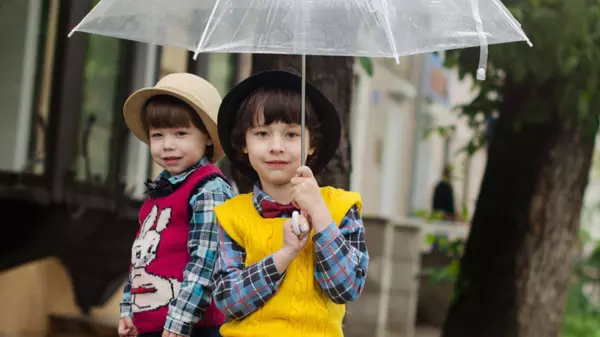
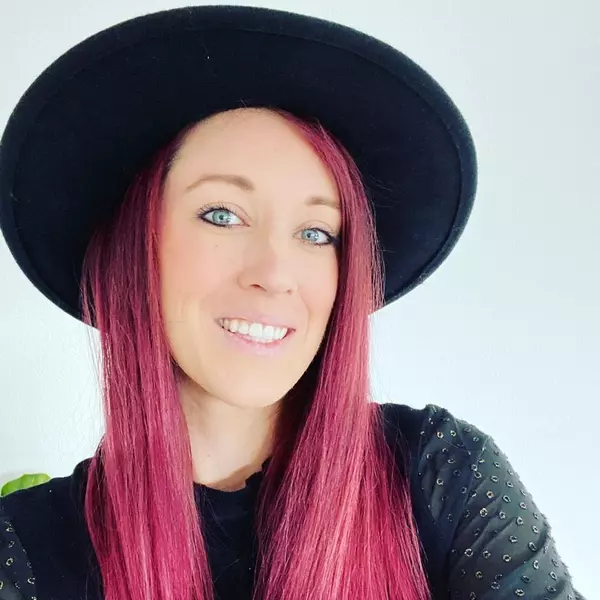

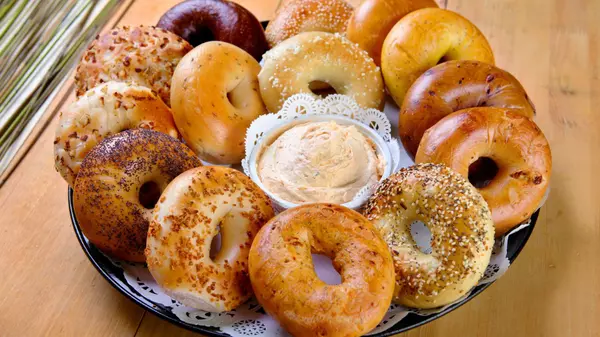



GET MORE INFORMATION
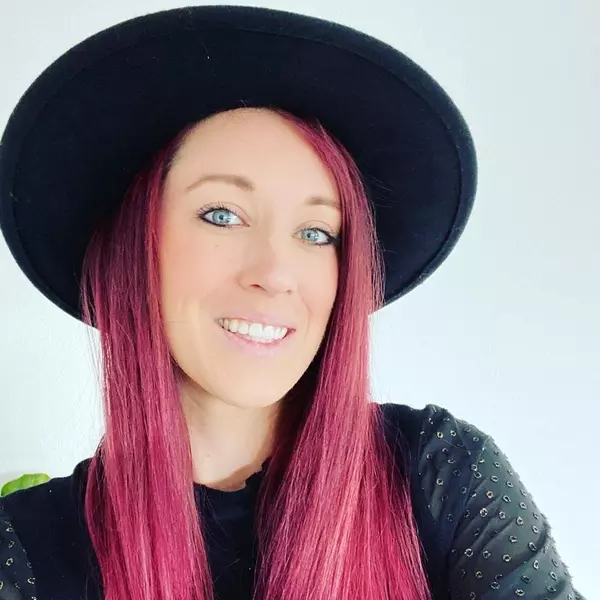
Cassandra Marks
Realtor, Licensed in OR & WA | License ID: 201225764
Realtor, Licensed in OR & WA License ID: 201225764
